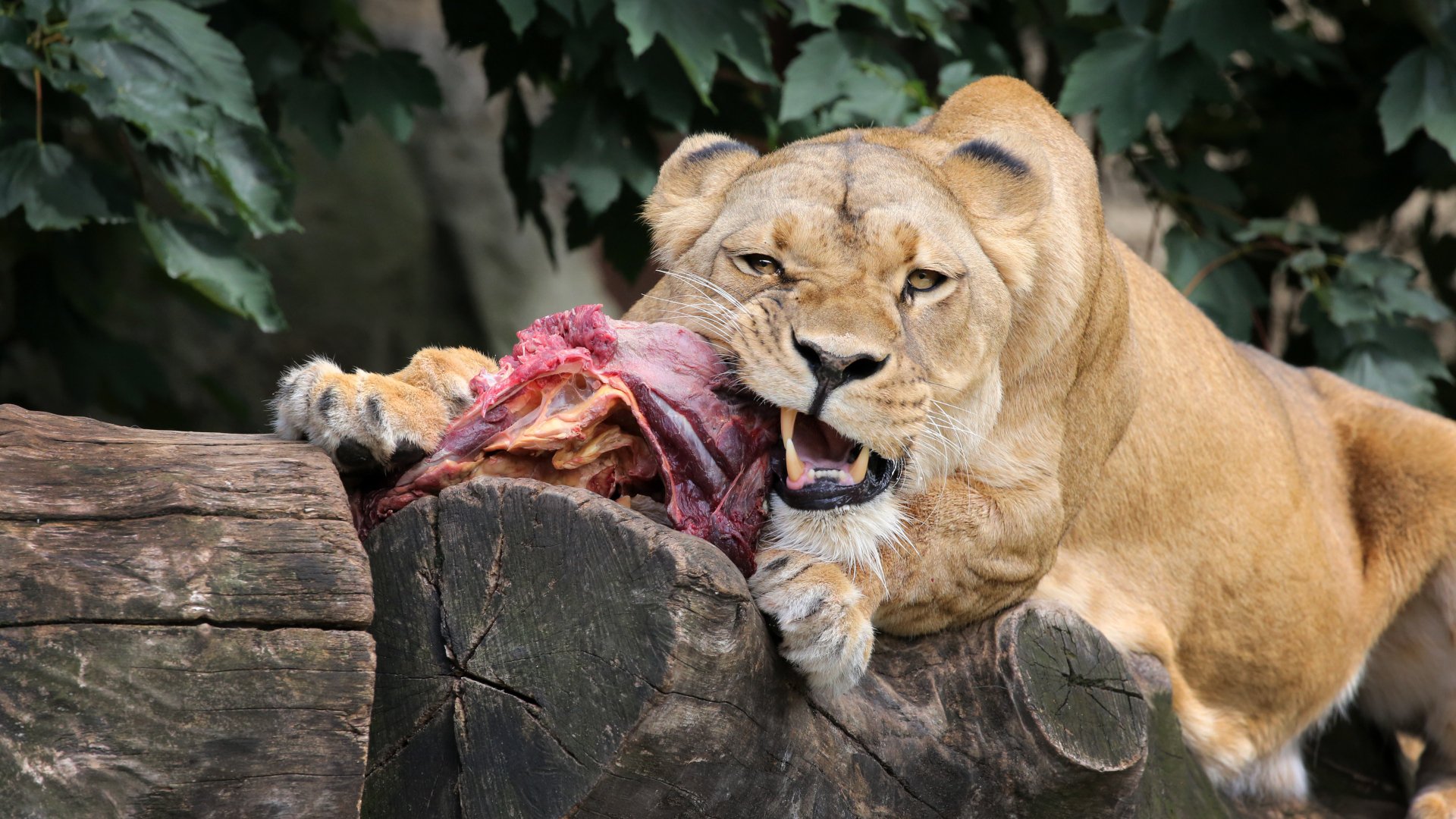Gut-brain axis
For years, people have been speculating about the impact of our gut microbes on our dietary habits. Your brain and gut are constantly in conversation with each other. We call this the gut-brain axis. Signal molecules send messages from the brain to the gut and the other way around. These molecules are produced during the digestion of your food, and tell your brain when you have had enough. Other signal molecules call you brain when you need specific nutrients.
After-dinner dip
An example of one of these signal molecules is tryptophan. This is an essential amino acid and is abundant in turkey. Tryptophan is why you want to take a nap after thanksgiving dinner. When tryptophan reaches your brain, it is transformed into serotonin. This will make you feel satisfied and will eventually transform into melatonin, which makes you feel sleepy.
Your gut microbes need tryptophan too, but they can also make the molecule themselves. By producing tryptophan, they interupt the meeting your brain and gut are having. The microbes change the message your gut is sending to your brain to benefit themselves.
Different microbiome
Studies about this have been done using fruit flies, and the results are therefore difficult to translate to humans. Scientists from Pittsburgh University looked for these processes in more complex lifeforms. They gave thirty germ-free (without gut microbes) mice a cocktail of gut microbes from three different types of rodents with very distinct diets.
The scientists chose a carnivore/insectivore (southern grasshopper mouse), an omnivore (white-footed mouse), and an herbivore (montane vole). They discovered, that after the microbe transplantation, every group chose food rich in different nutrients. The transplanted microbiome changed their dietary habits.
Just the beginning
However, these are only the first steps. For now, there is no way to investigate this process in people. And there is much to learn. Not only your gut microbes play a role, but also what you have eaten the day before, for example. So, before you begin to distrust your food cravings, further research needs to be done.
Sources
Brian K. Trevelline, Kevin D. Kohl (2022). The gut microbiome influences host diet selection behavior. Proceedings of the National Academy of Sciences, 119 (17) DOI: 10.1073/pnas.2117537119
University of Pittsburgh. (2022, April 20). Got food cravings? What's living in your gut may be responsible. ScienceDaily. www.sciencedaily.com/releases/2022/04/220420151540.htm

